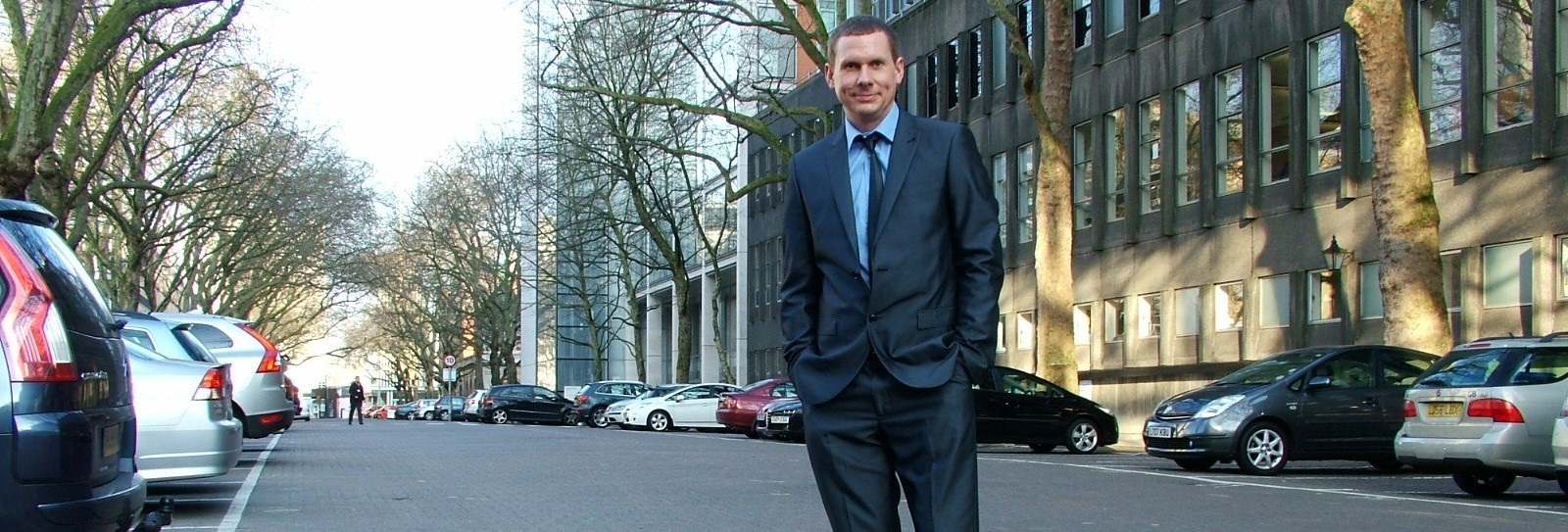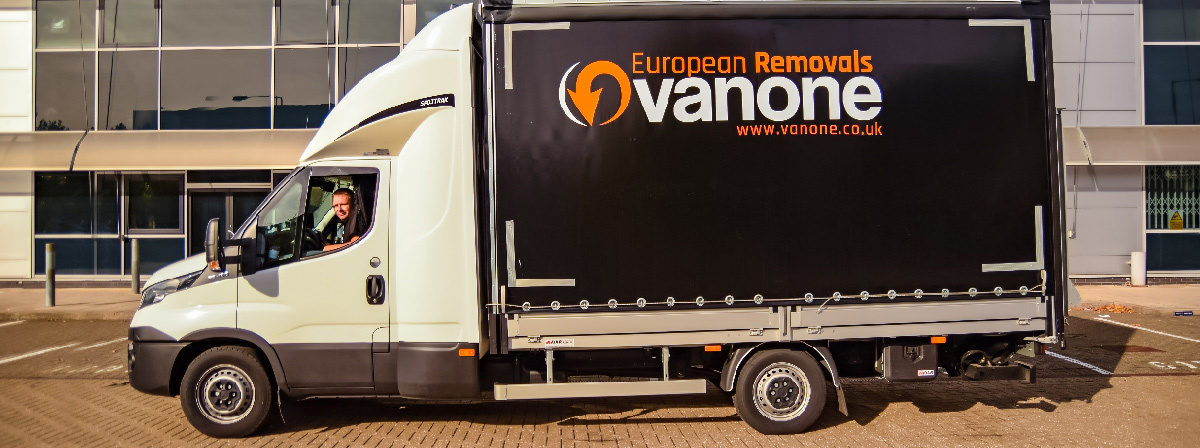
The United Kingdom’s departure from the European Union, commonly referred to as Brexit, marked a significant shift in Europe’s political and economic landscape. Finalised on January 31, 2020, with the transition period ending on December 31, 2020, Brexit has had profound implications for customs policies, affecting individuals and institutions alike. For the staff and students of Imperial College London, a leading global university with a diverse international community, the changes in moving personal belongings between the UK and EU have been notably impactful.
Before Brexit, the UK was part of the EU’s Single Market and Customs Union, which allowed for the free movement of goods, services, people, and capital. Imperial College London’s staff and students could move personal belongings between the UK and other EU countries with minimal customs checks or tariffs. This ease of movement facilitated academic exchanges, research collaborations, and the general mobility of the academic community.
With the UK’s exit from the EU, it became a third country for customs purposes. This transition has introduced a range of new customs procedures and requirements for moving goods, including personal belongings, between the UK and EU countries:
These changes for the Imperial College London community necessitate a more meticulous planning process for international moves. Staff and students relocating to or from the EU must account for potential delays and additional costs associated with customs clearance. This is particularly significant for international students and staff members who may need to become more familiar with customs procedures.
Fortunately, a competent International Removals Company, VanOne, managed by an Imperial College alumnus, Michael Pawlicki, has become crucial in providing guidance and support to the community, helping navigate the complexities of post-Brexit customs policies. This includes offering advice on documentation, potential exemptions, and financial planning for moves.
Moreover, the changes underscore the importance of early planning and consultation with customs experts or relocation specialists. For academic projects involving the transfer of equipment or materials between the UK and EU, project managers must now factor in additional time and resources for customs compliance.
Brexit has undeniably complicated the movement of personal belongings between the UK and the EU, with direct consequences for the Imperial College London community. While the UK’s departure from the EU opens new opportunities for global partnerships, it also presents challenges in terms of mobility and logistics. Navigating these changes successfully requires awareness, preparation, and adaptability. As the post-Brexit landscape evolves, staying informed and seeking expert advice will be essential for staff and students planning international relocations or academic collaborations.
 Where is the best place for the elderly to live in Europe?
Where is the best place for the elderly to live in Europe?Where is the best place for the elderly to live in Europe? Moving abroad presents opportunities and challenges,…
 Part Load Removals
Part Load RemovalsIf you are moving from the UK to Europe and only need to move a small proportion of…
 Important – removals checklist before you move to another country
Important – removals checklist before you move to another countryOnce I decided to relocate, I knew I had to…